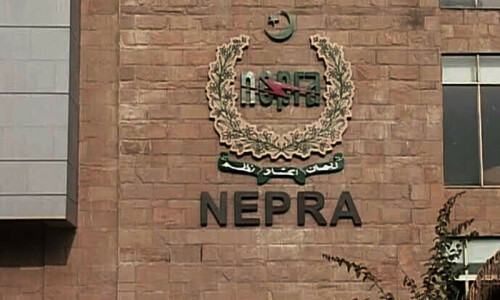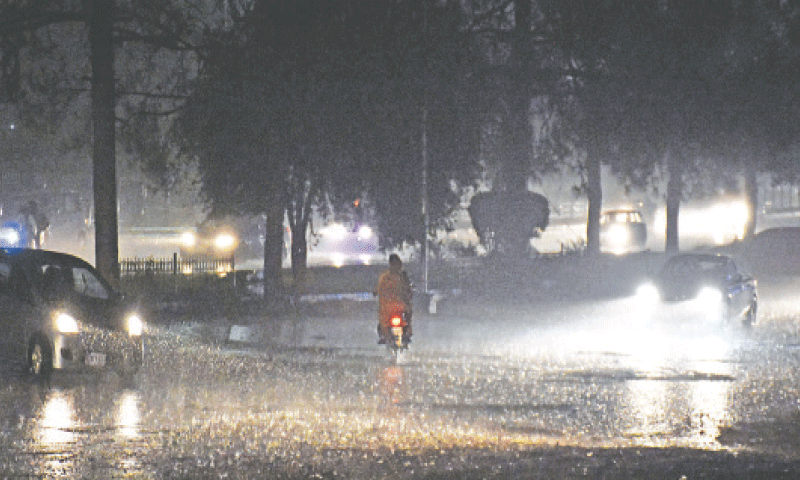KARACHI: The banks have nearly achieved a 50 per cent advance-to-deposit ratio (ADR) to avoid the incremental tax imposed by the government if they fail to meet the limit by the Dec 31 deadline.
Banks could not reduce deposits on a large scale but succeeded in increasing the advances by 27pc in just four months.
The banks encountered significant difficulties as when the tax was imposed in the FY25 budget, the policy rate stood at 22pc, and the average ADR was just above 38pc.
The State Bank of Pakistan (SBP) reported that banks’ lending to the private sector has risen to a record high compared to the average of the last three years. The central bank data showed that banks’ lending to the private sector reached Rs1.35 trillion from July 1 to Dec 6.
Fear govt plans to extract more money on annual average basis
At the same time, the banks parked their liquidity worth Rs1.33tr into the non-bank financial institutions (NBFIs) during the same period. This massive lending helped banks improve their ADR before the end of the calendar year 2024.
Arif Habib Ltd, in a report issued on Saturday, explained the ADR-related developments in the last five weeks.
“The banking sector’s ADR improved to 49.7pc as of Dec 6, up from 47.8pc in November,” said the report.
Bankers believe the government is unlikely to raise additional money through ADR taxation. However, reports in the media suggest that the government plans to tax the banks on an annual average ADR. Bankers said this would bring serious resistance, particularly when several top banks are in the hands of foreign investors.
The report said that having bottomed out at 38.4pc in August, the ADR has increased by 11.4pc to reach 49.7pc.
The report disclosed that bank deposits decreased by 1.6pc from Aug 1 to Dec 6, while advances grew 27.6pc.
The banks were confused about managing the unexpectedly high increase in liquidity resulting from the government’s decision to reduce borrowing after receiving Rs2.7tr in profit from SBP for FY24.
The government started borrowing but below bank expectations and significantly lower than the maturing amount of domestic bonds.
The SBP data showed that the government’s net debt retirement was Rs1.7tr from July 1 to Dec 6 against the net borrowing of Rs3.584tr in the corresponding period last year. This change put banks in a challenging situation as high liquidity posed a risk of paying the tax if they failed to meet the 50pc ADR condition.
Left with no option to manage excess liquidity and meet the ADR target, the banks began lending lower than the Karachi interbank offered rates (Kibor), which would hurt their profitability.
In 2023, bank profits doubled thanks to investing in risk-free government securities at unprecedented rates higher than the 22pc policy rate.
Kibor stands at around 12pc and the policy rate at 13pc, which indicates further softening of the monetary regime provided that inflation remains low. Published in Dawn, December 22nd, 2024










































